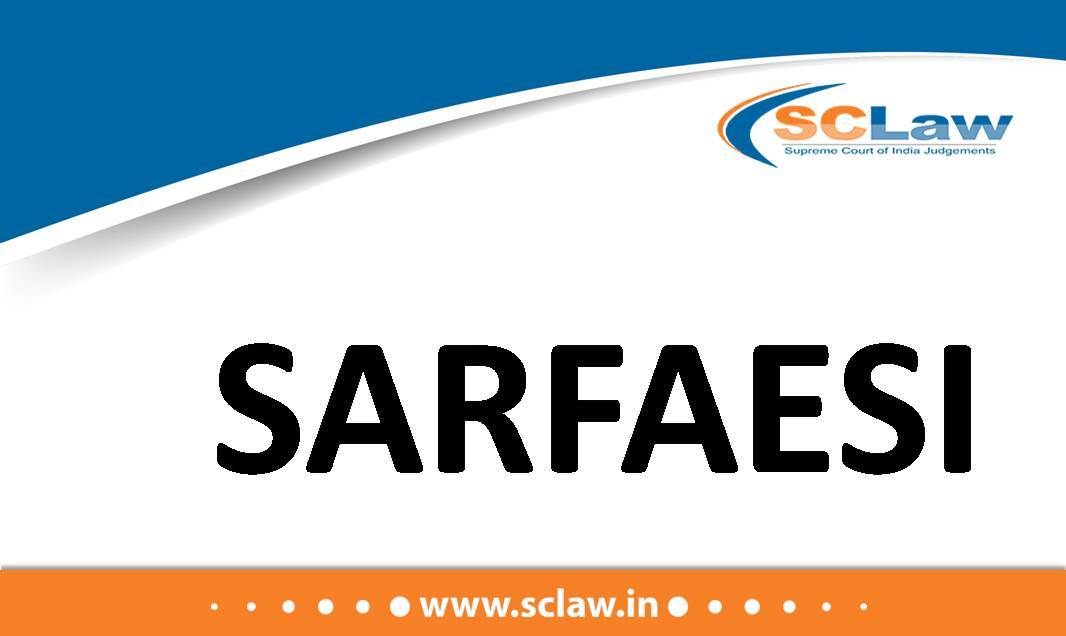HELD constrained to point out that out of 1689 units in the country, the applicant has chosen the Project Proponent as it appears to be a motivated petition to target the Project Proponent though the Cold Steel Rolling Mills in the country were operating under the same regime. Not only the Project Proponent, but the country also has suffered immensely on account of closure of the unit which was export oriented unit
SUPREME COURT OF INDIA DIVISON BENCH GAJUBHA JADEJA JESAR — Appellant Vs. UNION OF INDIA AND OTHERS — Respondent ( Before : Hemant Gupta and Vikram Nath, JJ. ) Civil…
Compensation under the head on account of loss of love and affection is not permissible but compensation on account of spousal consortium for wife and for the parental consortium for children is admissible. HELD Rule of evidence to prove charges in a criminal trial cannot be used while deciding an application under Section 166 of the Act, 1988 which is summary in nature
SUPREME COURT OF INDIA DIVISON BENCH JANABAI WD/O DINKARRAO GHORPADE AND OTHERS — Appellant Vs. M/S. I.C.I.C.I. LAMBORD INSURANCE COMPANY LIMITED — Respondent ( Before : Hemant Gupta and Vikram…
Department Promotion Committee (DPC) is constituted and the profile of the candidates coming within the zone of consideration is prepared – But in a special drive for filling up the backlog vacancies meant for reserved category candidates, such an exercise become redundant
SUPREME COURT OF INDIA DIVISON BENCH UNION OF INDIA AND OTHERS — Appellant Vs. GOPAL MEENA AND OTHERS — Respondent ( Before : Hemant Gupta and Vikram Nath, JJ. )…
Land Acquisition Act, 1894 – Section 23(1-A) and 23(2) – Compensation on account of severance is not entitled to the benefit of Section 23(1-A) and Section 23(2) of the Act
SUPREME COURT OF INDIA DIVISON BENCH UNION OF INDIA — Appellant Vs. RAMCHANDRA AND OTHERS — Respondent ( Before : Hemant Gupta and Vikram Nath, JJ. ) Civil Appeal Nos.…
Murder – Conviction and sentence – An accused cannot be convicted on the ground of suspicion, no matter how strong it is. An accused is presumed to be innocent unless proved guilty beyond a reasonable doubt – Conviction and sentence set aside – Appeal allowed.
SUPREME COURT OF INDIA DIVISON BENCH RAM NIWAS — Appellant Vs. STATE OF HARYANA — Respondent ( Before : B.R. Gavai and Pamidighantam Sri Narasimha, JJ. ) Criminal Appeal No.…
Appeal under Section 17 of SARFAESI Act – Limitation – Reason for providing a time limit of 45 days for filing an application under Section 17 can easily be inferred from the purpose and object of the enactment – SARFAESI Act is enacted for quick enforcement of the security.
SUPREME COURT OF INDIA DIVISON BENCH BANK OF BARODA AND ANOTHER — Appellant Vs. M/S PARASAADILAL TURSIRAM SHEETGRAH PVT. LTD. AND OTHERS — Respondent ( Before : B.R. Gavai and…
Once the orders of retrenchment are set aside, the workmen will naturally be entitled to continuity of service with order of back wages as determined by a Tribunal or a Court of law.
SUPREME COURT OF INDIA DIVISON BENCH ARMED FORCES EX OFFICERS MULTI SERVICES COOPERATIVE SOCIETY LTD. — Appellant Vs. RASHTRIYA MAZDOOR SANGH (INTUC) — Respondent ( Before : B.R. Gavai and…
Whether on similar set of allegations of fact the accused can be tried for an offence under NI Act which is special enactment and also for offences under IPC unaffected by the prior conviction or acquittal and, the bar of Section 300(1) Cr.P.C. would attract for such trial? Larger bennch.
SUPREME COURT OF INDIA DIVISON BENCH J. VEDHASINGH — Appellant Vs. R.M. GOVINDAN AND OTHERS — Respondent ( Before : S. Abdul Nazeer and J.K. Maheshwari, JJ. ) Criminal Appeal…
HELD High Court has quashed the final report without adverting to either the facts or law by a cryptic order, it would be appropriate for us to set aside the order and restore the petition to the file to the High Cour
SUPREME COURT OF INDIA DIVISON BENCH M.P. RAMANI — Appellant Vs. STATE OF KERALA AND ANOTHER — Respondent ( Before : Dr. D.Y. Chandrachud and A.S. Bopanna, JJ. ) Criminal…
HELD ends of justice would be met if we direct the appellant/buider herein to refund the amount of Rs. 3,24,780/- (Rupees Three Lakh Twenty Four Thousand Seven Hundred Eighty only) with interest at the rate of 12 per cent per annum to the original complainant and put an end to the entire litigation.
SUPREME COURT OF INDIA DIVISON BENCH M/S SIDDHYVINAYAK INFRASTRUCTURE — Appellant Vs. KAMALAKAR JAYANT SRIVASTAVA AND ANOTHER — Respondent ( Before : Dr. D.Y. Chandrachud and J.B. Pardiwala, JJ. )…

















